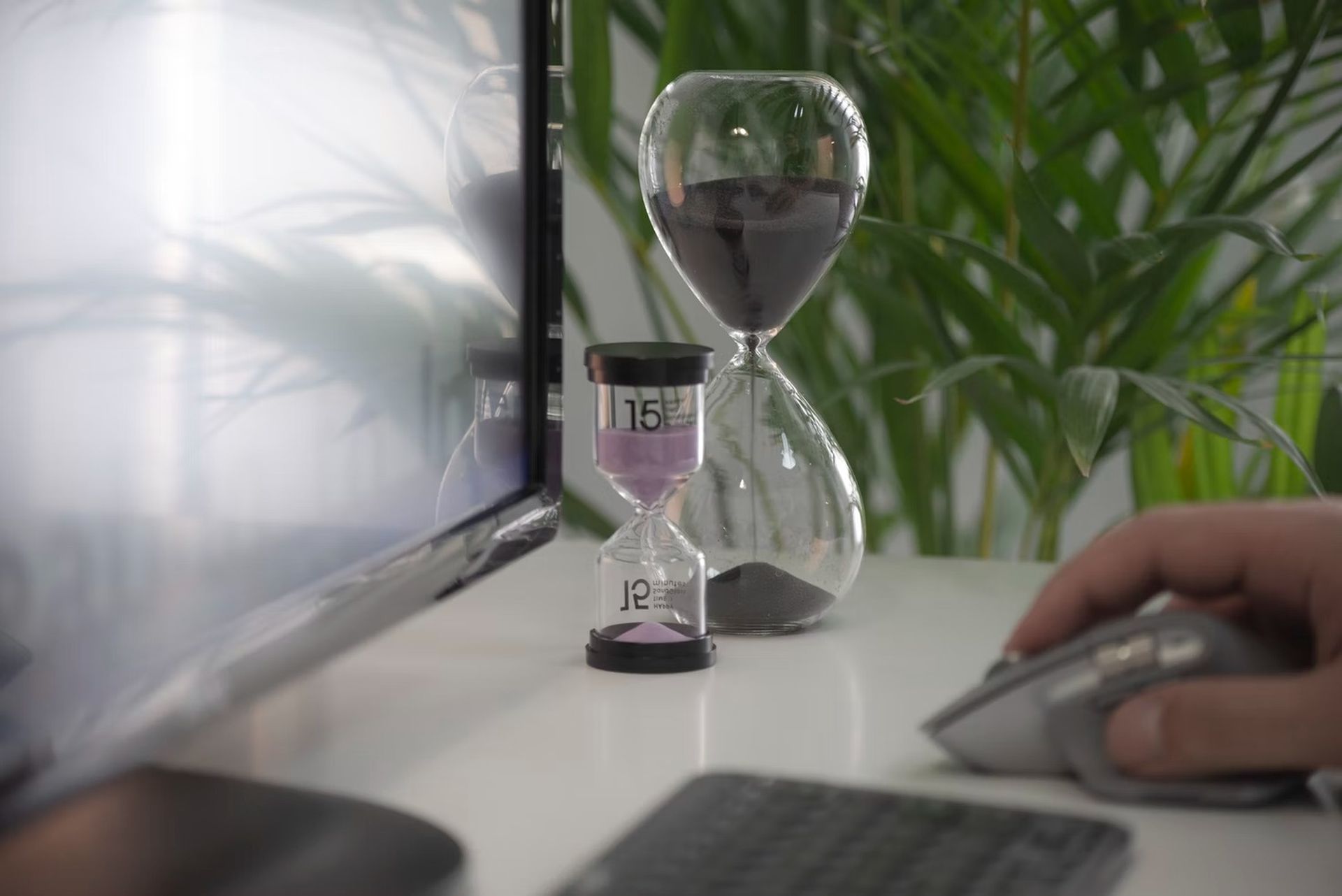Pre-pandemic, many people had negative perceptions of workplace digitization, but even though hybrid work has prompted a shift among workers wanting to simplify their operations, only a tenth of them have access to automation tools.
Hybrid working requires clean workplace digitization strategies
Hybrid working is quickly becoming the norm for businesses looking to set up operations in the post-Covid era, according to research from Ricoh Europe. Employers are ignoring employee demands to digitize manual procedures and update office spaces.
The study was conducted by Opinium, they interviewed 3,000 office employees across France, Germany, Spain, Italy, the Netherlands, the United Kingdom, and Ireland.
The overall conclusion was that most European workers now feel workplace digitasation improves their job, as administrative burden, a lack of office scheduling systems, and poor workflow technology stifle employee experience.

Despite this, only 11 percent of office employees had access to workflow automation tools now, while 44 percent claimed no change in their firm’s investment in tools to automate activities or processes over the past year. Despite that, more than 69 percent of respondents said automating processes made their job better. This is a significant shift from pre-pandemic scepticism toward workplace digitization, according to Ricoh.
Employers that want to improve the employee experience and productivity by automating complicated and routine tasks and procedures may benefit from hybrid working, but they run the risk of missing out if they don’t use the tools and techniques that can make it successful.
49 percent of workers said they would be more productive if their administrative burden was reduced. However, 42 percent of the participants felt confused about the number of technology platforms they were supposed to utilize, and many said these extra tools actually add to their workload rather than simplify it. This indicated that corporations should take a consultative approach when selecting technology and systems that are appropriate for their workers, according to the poll.
With employers attempting to get employees back into the workplace, developing strategies to make this workplace digitization process simple is critical.

However, 54 percent of European office employees believe that the amount invested in desk and room booking systems has not altered.
A lack of, or an overly complex desk booking system, may result in employees showing up to the office without having a suitable workstation. This naturally leads to a poor experience and a disincentive to return to the physical workplace.
“Gone are the days where employees felt concerned about their roles being ‘replaced’ by automation,” said Ricoh Europe CEO Nicola Downing. “The value of technology and automation, when implemented effectively, is widely seen to free up time to work on more valuable activities. Ultimately, if employers fail to weave automation into their long-term hybrid working strategies, they could be missing an important opportunity to improve operations while boosting morale and productivity across the entire workforce,” she added.





